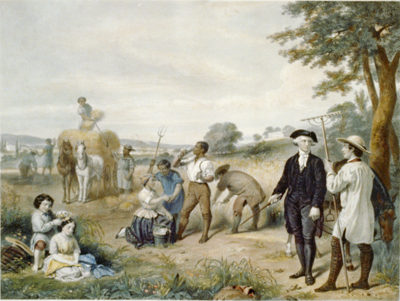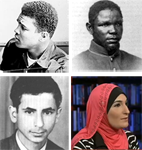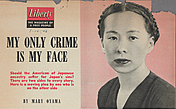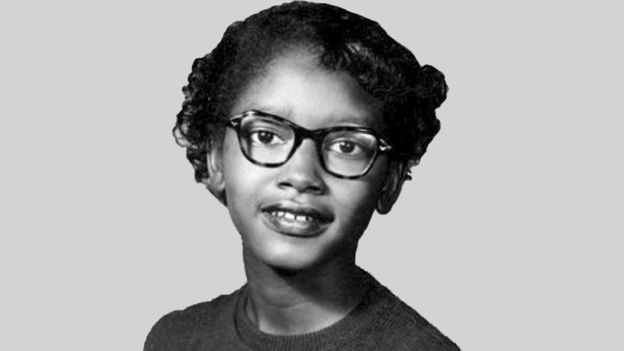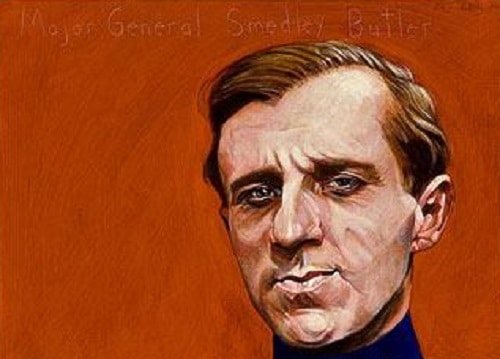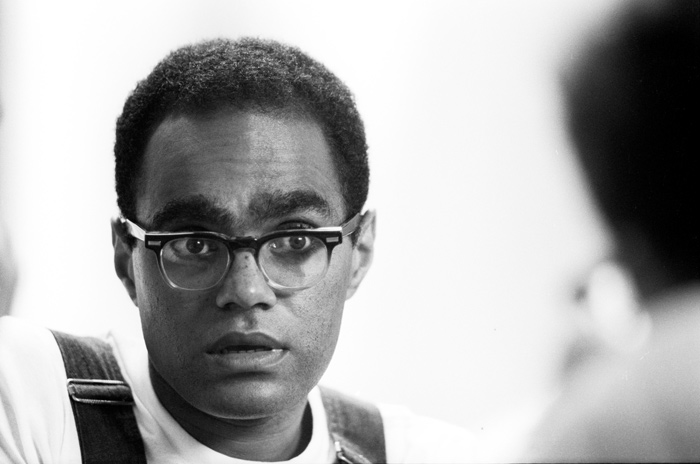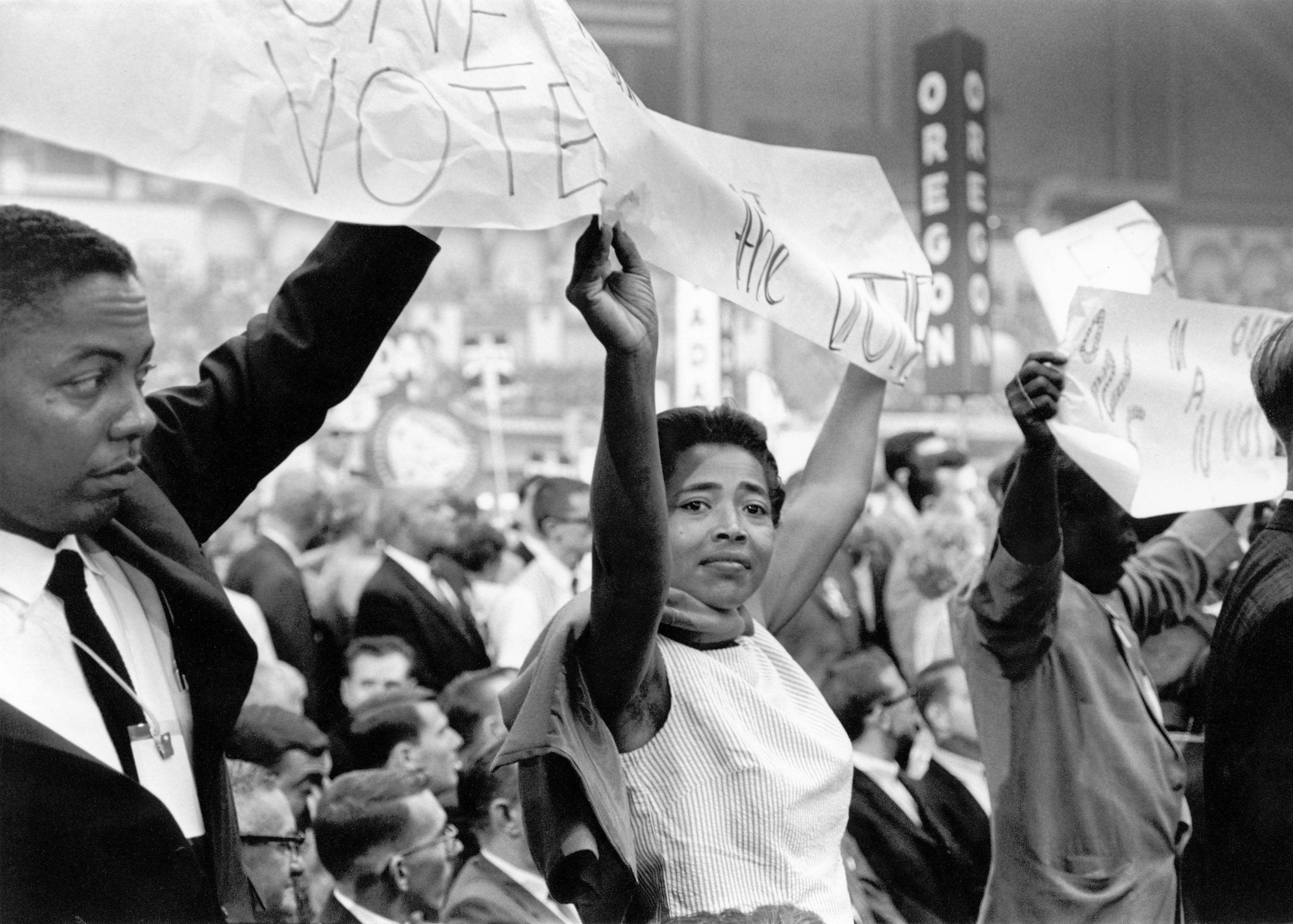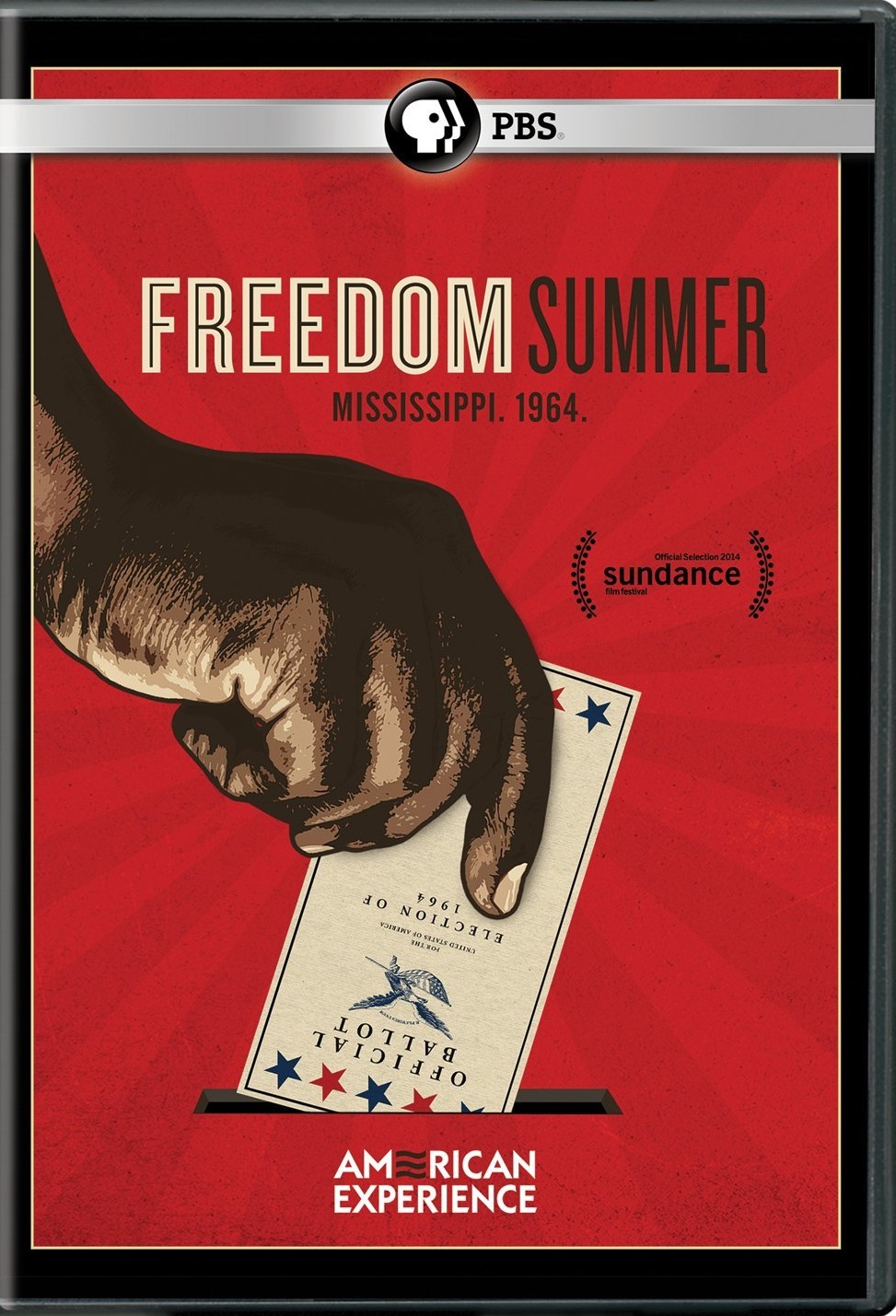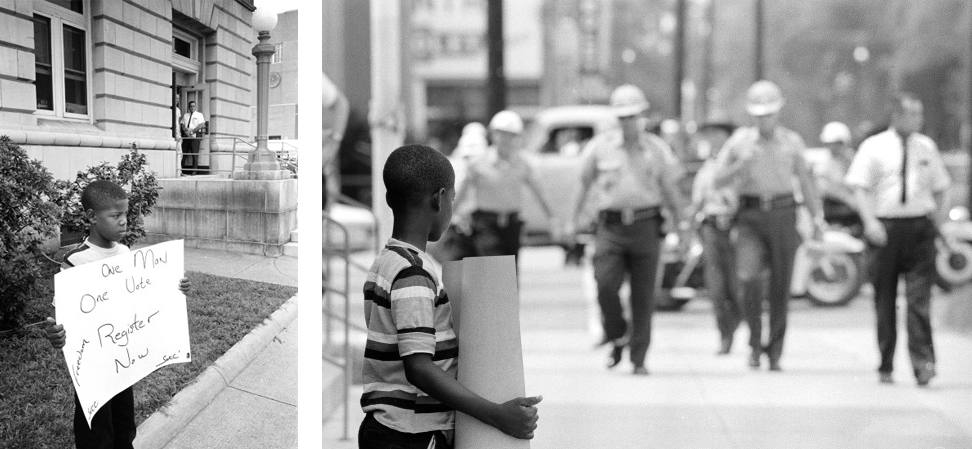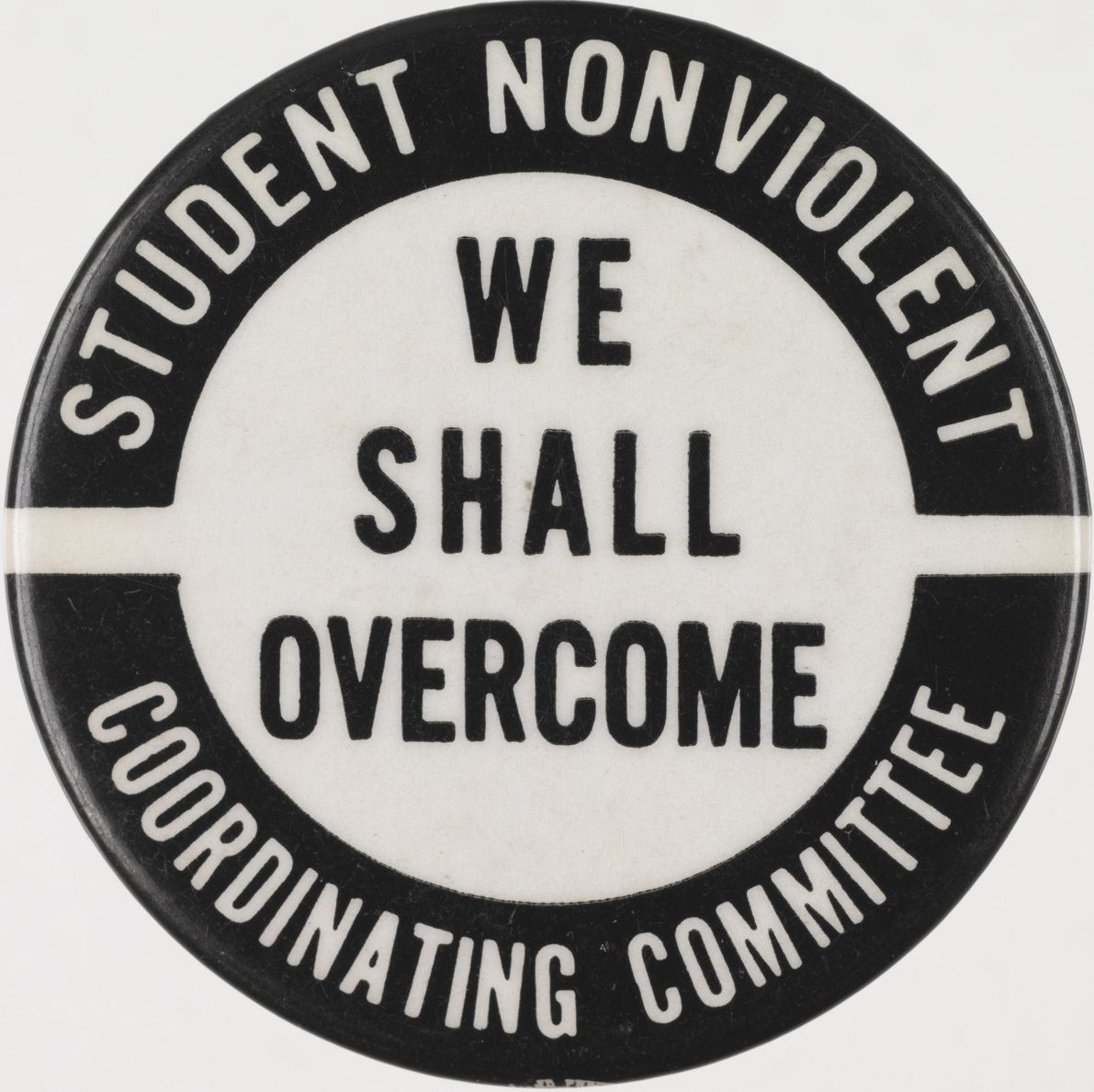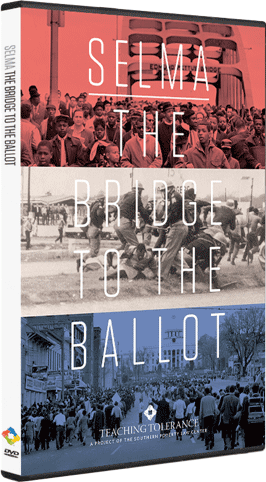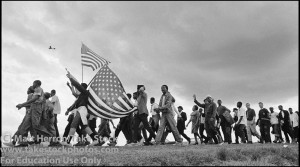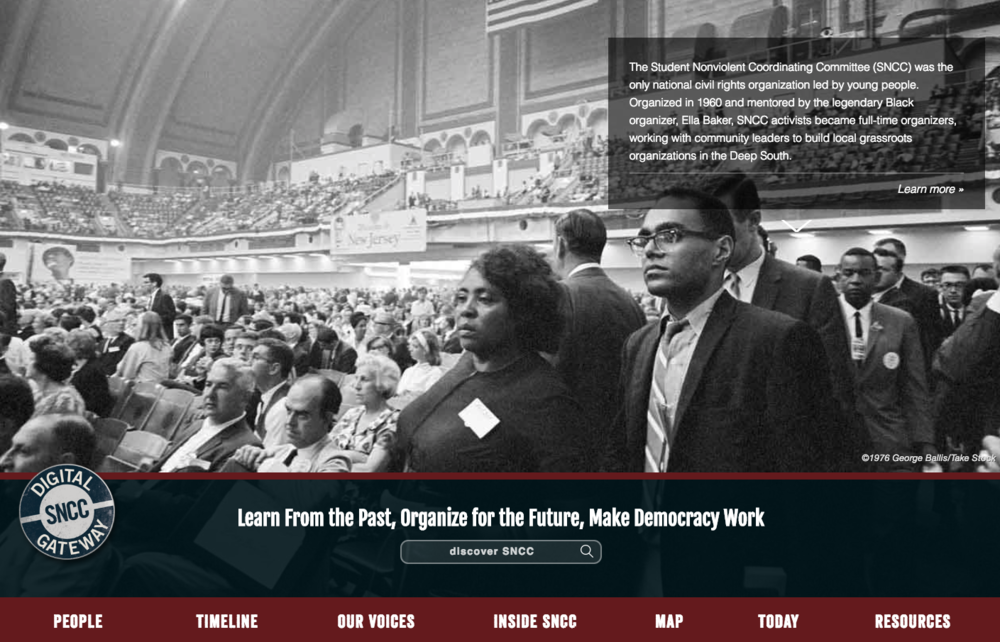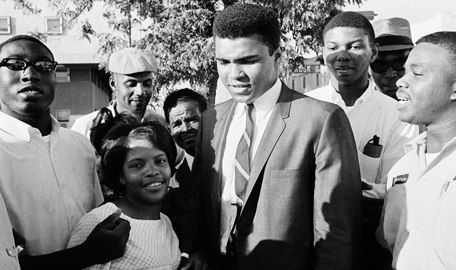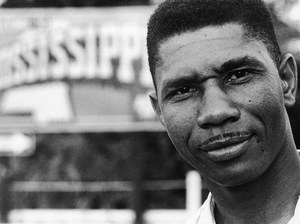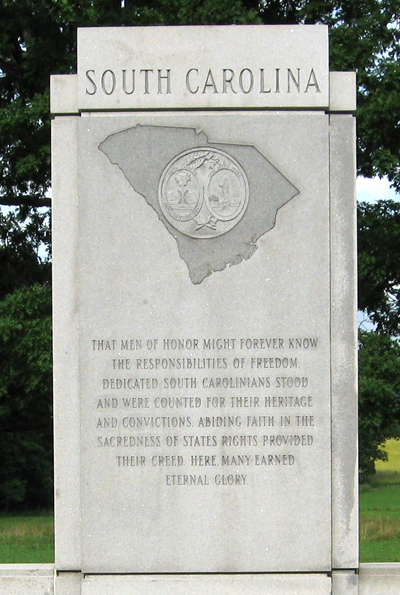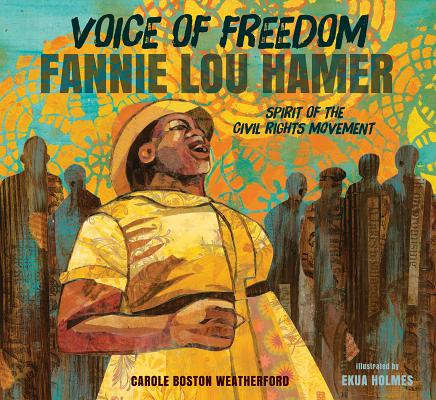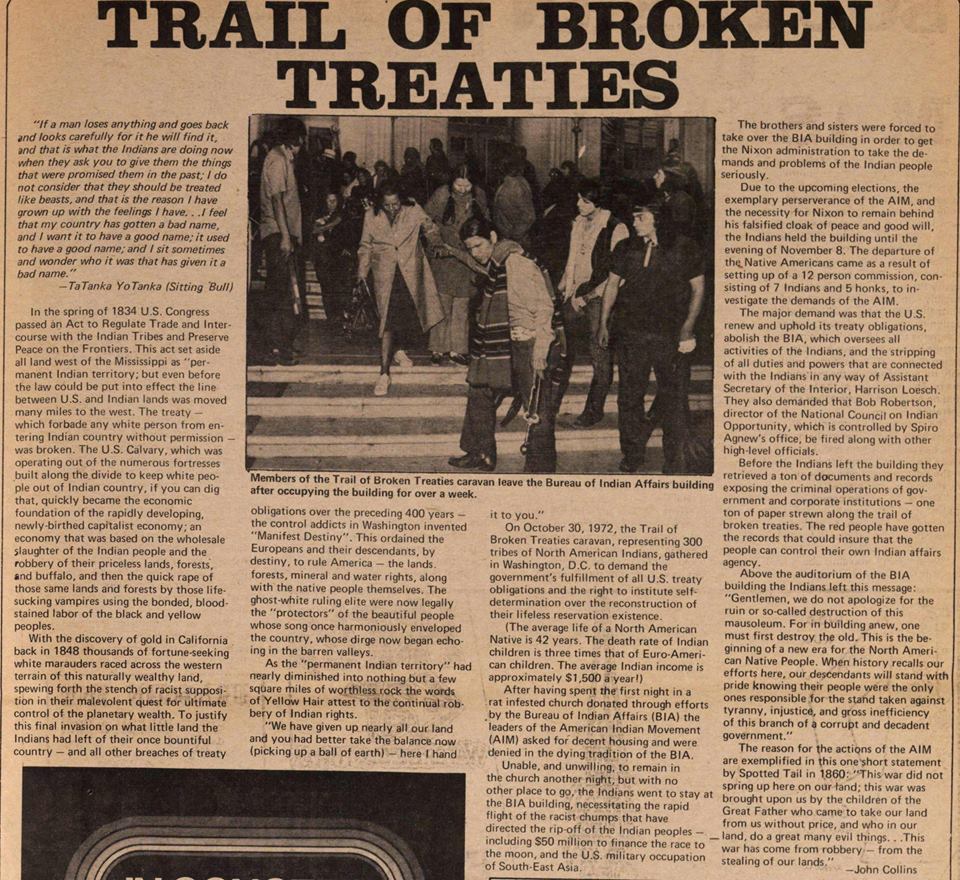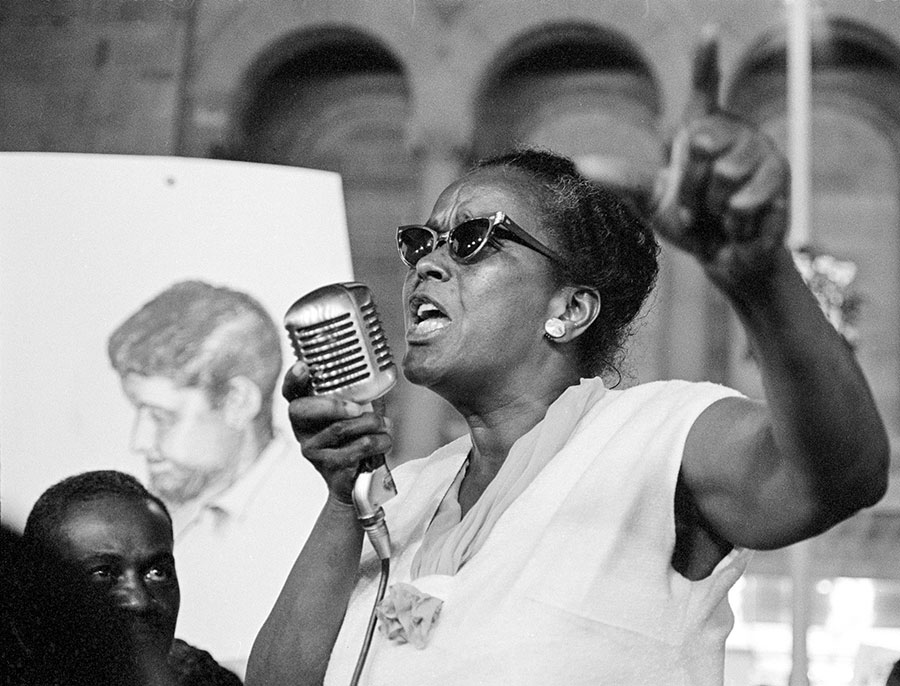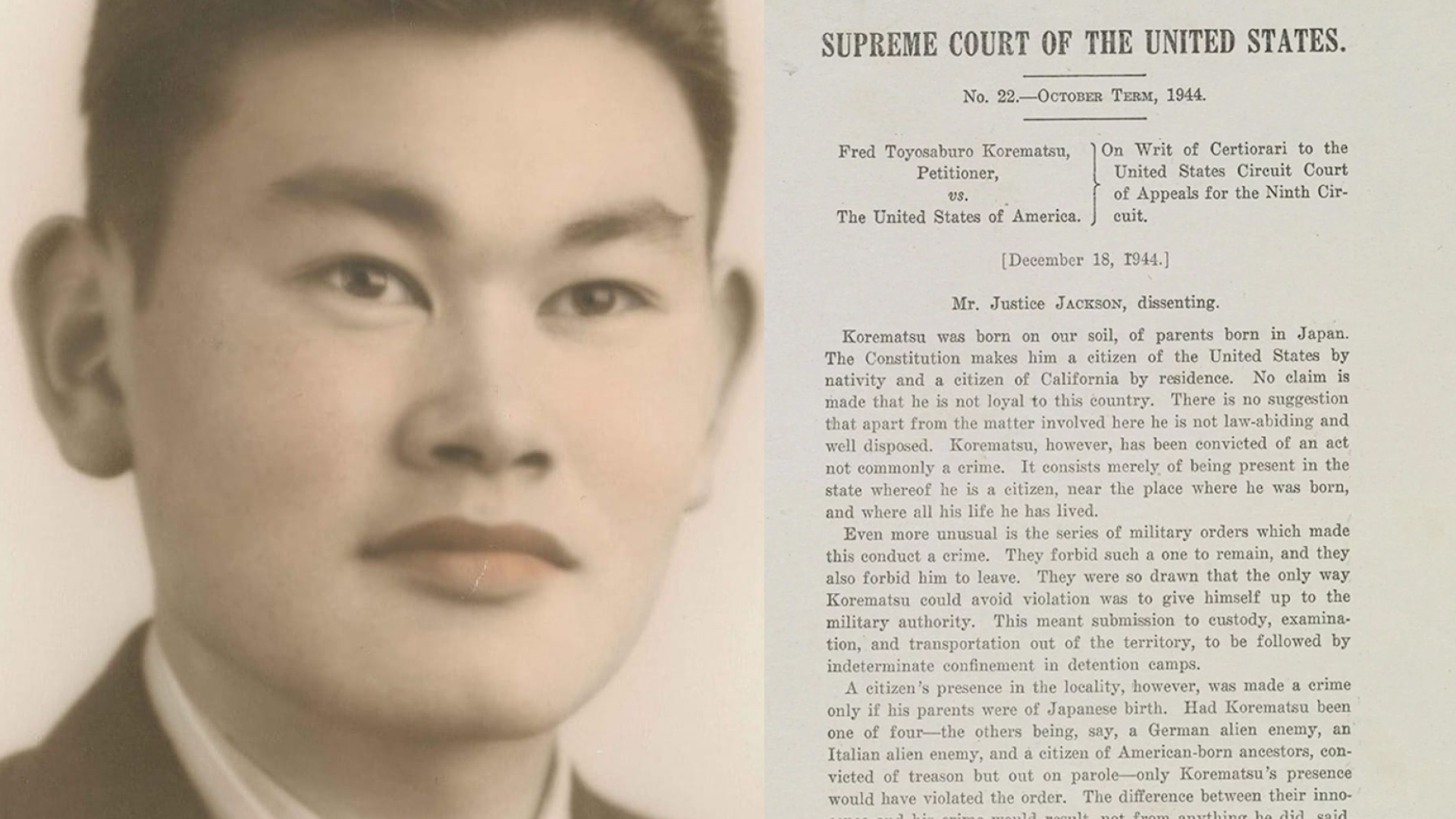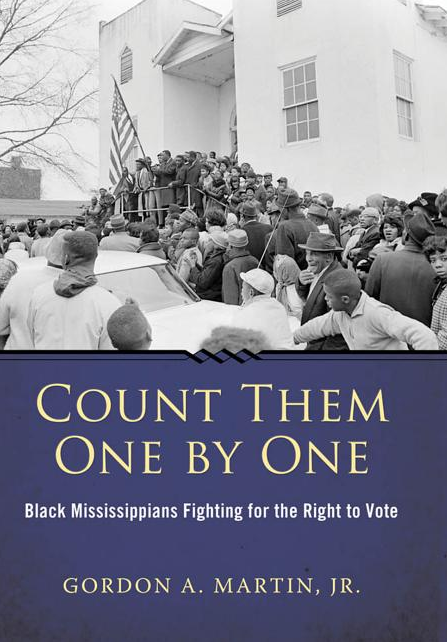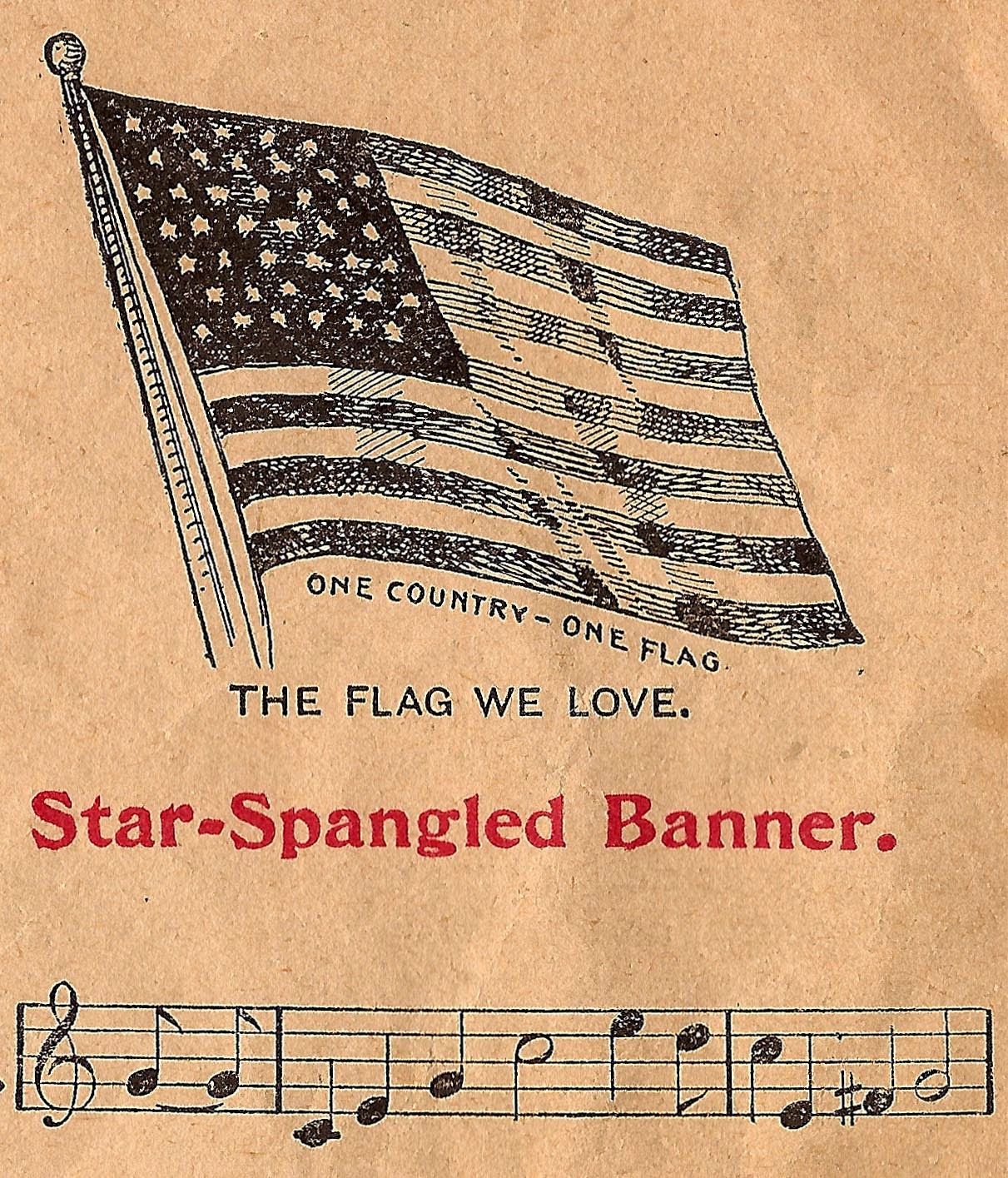Article. By Clarence Lusane. 2014. If We Knew Our History Series.
Textbooks erase enslaved African Americans from the White House and the presidency and present a false portrait of our country’s history.
Continue reading
Article. By Alison Kysia. 2014. If We Knew Our History Series.
Although the dominant media—including our schools’ curriculum—perpetuate stereotypes, history shows Muslims in the Americas have fought for social justice since the 15th century.
Continue reading
Digital collection. Firsthand accounts and primary sources of the incarceration of Japanese Americans during WWII.
Continue reading
At age 15, Claudette Colvin refused to give up her bus seat to a white woman in Montgomery, Alabama.
Continue reading
Profile.
Robert "Parris" Moses (born Jan. 23, 1935) is a voting rights organizer, educator, and founder of the Algebra Project.
Continue reading
Teaching Activity. By Julian Hipkins III, Deborah Menkart, Sara Evers, and Jenice View.
Role play on the Mississippi Freedom Democratic Party (MFDP) that introduces students to a vital example of small “d” democracy in action. For grades 7+.
Continue reading
Film. Written, produced, and directed by Stanley Nelson. 2014. 120 minutes.
Documentary about 1964 Freedom Summer in Mississippi.
Continue reading
Book — Non-fiction. By Charles E. Cobb Jr. 2015. 328 pages.
Cobb Jr. describes the vital role that armed self-defense played in the survival and liberation of black communities in America during the Southern Freedom Movement of the 1960s.
Continue reading
Article. By Howard Zinn. Excerpt from Chapter 5 of You Can't Be Neutral on a Moving Train.
Howard Zinn’s first-hand account of Selma’s Freedom Day in 1963.
Continue reading
Founding of the youth-led Civil Rights Movement organization, the Student Nonviolent Coordinating Committee.
Continue reading
Film. Produced by Bill Brummel. Learning for Justice. 2015. 40 minutes.
Documentary about the students and teachers of Selma, Alabama who fought for voting rights.
Continue reading
Teaching Activity. Teaching for Change. 2015. 20 pages.
Introductory lesson on key people and events in the long history of the Selma freedom movement.
Continue reading
Digital collection. Historical materials, profiles, timeline, map, and stories on SNCC’s voting rights organizing.
Continue reading
Muhammad Ali was convicted for refusing induction in the U.S. armed forces.
Continue reading
Medgar Evers, WWII veteran and civil rights activist, was murdered by a white supremacist in Jackson, Mississippi.
Continue reading
Article. By James W. Loewen. July 2015 in the Washington Post.
A critique of textbook and mainstream media coverage of the Civil War.
Continue reading
Article. By Emilye Crosby and Judy Richardson. 2015.
Key points in the history of the 1965 Voting Rights Act missing from most textbooks.
Continue reading
Picture book. By Carole Boston Weatherford. Illustrated by Ekua Holmes. 2015. 45 pages.
Illustrated biography of Fannie Lou Hamer, activist for voting and economic rights from Mississippi.
Continue reading
Protesters from the Trail of Broken Treaties Caravan occupied the Bureau of Indian Affairs (BIA) offices in Washington, D.C. for six days.
Continue reading
Born on this day, Ella Baker was a civil rights and human rights activist beginning in the 1930s whose career spanned more than five decades.
Continue reading
The U.S. Supreme Court ruled in Korematsu v. United States that the denial of civil liberties based on race and national origin was legal.
Continue reading
A group of students wore black armbands to school to protest the war in Vietnam. The school board got wind of the protest and passed a preemptive ban.
Continue reading
Book — Non-fiction. By Gordon A. Martin Jr. 2014. 272 pages.
A detailed portrait of brave individuals who risked everything in their fight for the right to vote.
Continue reading
Article. By Jefferson Morley. 2012.
"Star-Spangled Banner" songwriter Francis Scott Key opposed abolitionists and free speech in his role as district attorney of the city of Washington.
Continue reading

